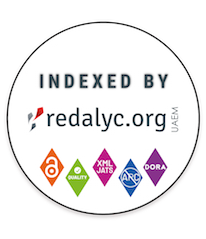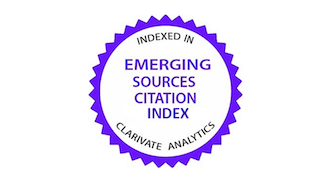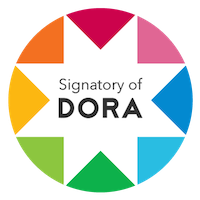First report of Panicum repens L., as a potential weed in Costa Rica.
DOI:
https://doi.org/10.15517/am.v24i1.9797Keywords:
potential weed, exotic specie, taxonomic, Poaceae.Abstract
The objective of this work was to provide information on Panicum repens as a potential weed in Costa Rica, and the taxonomy associated with this specie for its correct identification. In April 2012, the first weed samples of an unidentified grass species was received at the Weed Science Laboratory of the University of Costa Rica and EARTH University; the sample was collected at a roadside in front of a cattle farm in San Carlos, Alajuela, Costa Rica. Once the taxonomic details on the spikelets and root system were analyzed, the species was identified as Panicum repens L., which was not yet reported at national herbariums (National Herbarium, and Biology School of the University of Costa Rica) or in specialized literature of the subject. Taxonomic characteristics for the identification of Panicum repens are included for its identification.
Downloads
Downloads
How to Cite
Issue
Section
License
1. Proposed policy for open access journals
Authors who publish in this journal accept the following conditions:
a. Authors retain the copyright and assign to the journal the right to the first publication, with the work registered under the attribution, non-commercial and no-derivative license from Creative Commons, which allows third parties to use what has been published as long as they mention the authorship of the work and upon first publication in this journal, the work may not be used for commercial purposes and the publications may not be used to remix, transform or create another work.
b. Authors may enter into additional independent contractual arrangements for the non-exclusive distribution of the version of the article published in this journal (e.g., including it in an institutional repository or publishing it in a book) provided that they clearly indicate that the work was first published in this journal.
c. Authors are permitted and encouraged to publish their work on the Internet (e.g. on institutional or personal pages) before and during the review and publication process, as it may lead to productive exchanges and faster and wider dissemination of published work (see The Effect of Open Access).



























